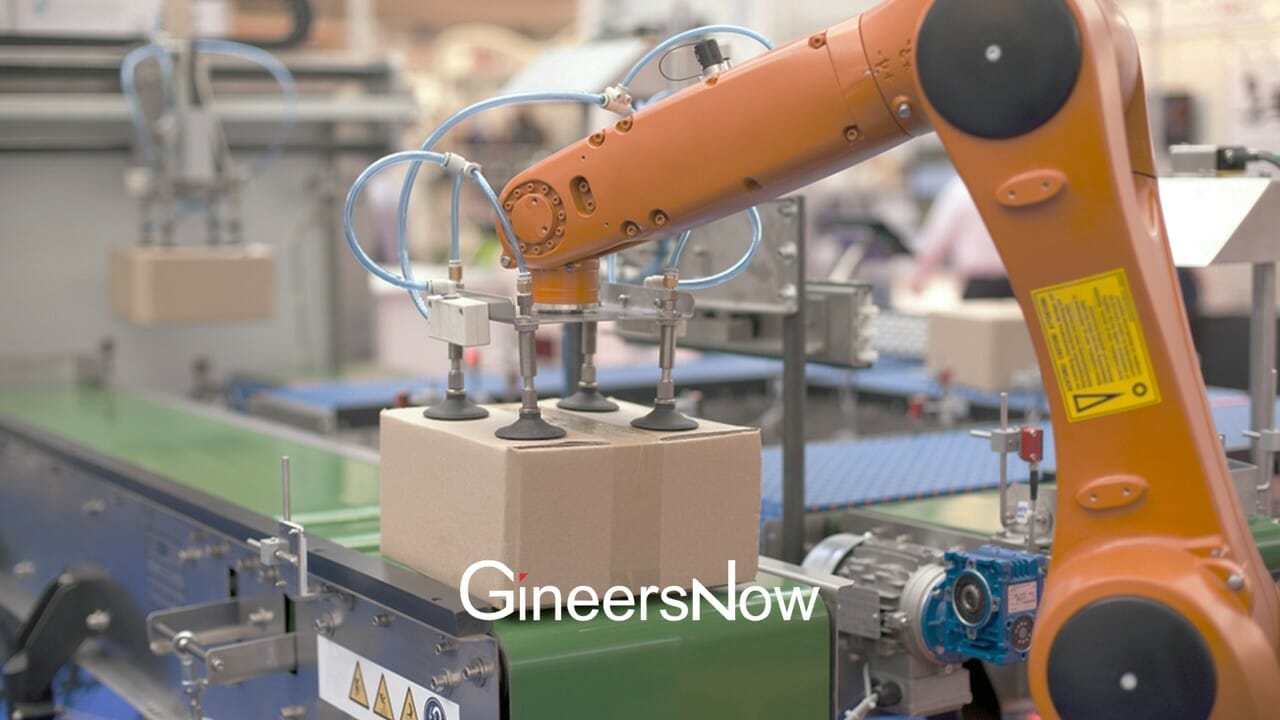During COVID-19, it has become crucial for manufacturers to maintain production with limited supplies. Supply chain issues can disrupt business operations and lead to substantial financial losses. Manufacturers who have been able to implement strategies that allow them to continue operating are in a great position to emerge from this global crisis successfully.
This article discusses how global supply chain models may be transformed and how you may overcome the current challenges. Every business has its own unique set of circumstances, so some of these ideas may or may not apply to your manufacturing company. In any case, we hope you find these ideas helpful and encouraging.
Inventory Optimisation
Inventory Optimisation is one of the key ways manufacturers can minimize their risks during pandemics. Predicting demand allows you to make better decisions about how much inventory is currently available and any additional supplies you need to place an order for. Certainly, the scale of COVID-19 caught us all by surprise. None of us could have foreseen the number of supply chain issues we would face, and the experience has given us insight into vulnerabilities we have yet to consider.

Product Substitution
Supply chains have become increasingly complex and globalized due to an ever-increasing number of players involved at each step, from raw material suppliers all the way through to final product assembly. During a crisis, it is time for manufacturing businesses to think creatively to survive and even thrive. Due to the current global supply chain issues, manufacturers are using alternative or substitute materials.
Local Manufacturing
Manufacturers are now reevaluating their manufacturing assets and locations, prioritizing regionalism over globalism. This is due to the increased burden on transportation systems during times of crisis, which can leave countries or regions cut off from essential supplies for extended periods of time. Regional supply chains can minimise the risk of disruption from pandemics, terrorist attacks, or natural disasters.
Stress Test Supply Models
When we get through the pandemic and discover what the new normal looks like, it is important for manufacturing companies to stress test their supply models. Supply chains may be more likely to have more regional elements, but this can pose a number of financial issues also. It may be more cost-effective to have materials supplied from a global supply chain, so the temptation will be to revert to business as it once was. There may be an opportunity to combine local and international supply models to minimize your international risk, with the capacity to scale up local support if and when it’s required.
Adapting to Opportunities
The key to any business’s success is overcoming challenges and adapting to new opportunities. To remain a viable, profitable company, manufacturers must adopt a flexible mindset that allows them to adapt quickly and move quickly. Supply chain issues are just one example of how a crisis can create business opportunities for those who are nimble enough to make the most of them. To remain competitive in an ever-changing marketplace, businesses have to be able to react quickly without being weighed down by unnecessary bureaucracy.
Tips for Segmentation
Whenever there is change, there is opportunity. Switched-on manufacturing companies may find that new market segments are opening up. Maybe your competitors cannot serve a need in the market due to their own supply chain issues, and you can look to expand in that area. You can apply segmentation techniques to look at the market in different ways. Once these opportunities have been identified, it is important to position yourself as a brand leader. Australian company Industrial Ideas has cataloged several resources to support Manufacturing companies in developing their sales and marketing efforts.
Conclusion
The pandemic we currently face has shown many of us in business that we have some vulnerabilities in our business models. Our reliance on global supply chains has become a huge issue. It has been shown that pandemics and other global issues can easily disrupt supply chains. These challenges can lead to financial losses as well as shortages. However, we hope your manufacturing company finds a way to navigate these uncertain times and becomes stronger and more robust to take on the new normal.












